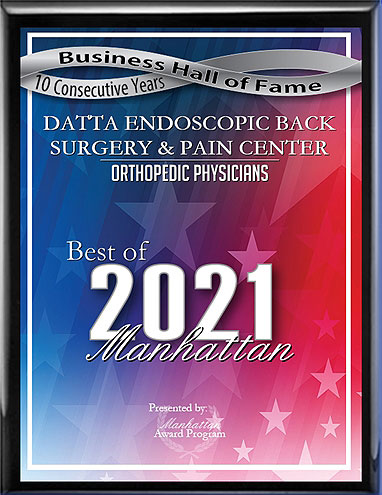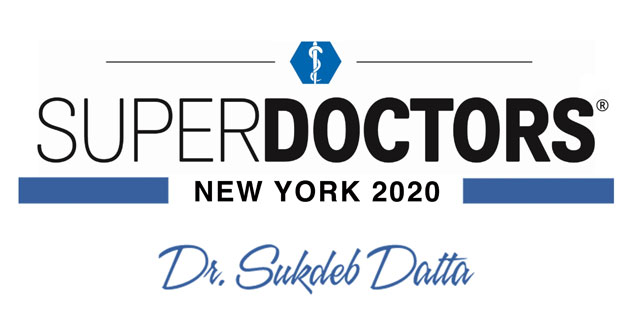Causes of Spinal Compression
A variety of spinal conditions can lead to pinched nerves. These may be related to age, injury, or genetic factors. Causes include:
- Herniated discs
- Bulging discs
- Bone spurs
- Stenosis
- Vertebral fracture
- Spinal arthritis
Herniated discs become more common with age, as the discs lose fluid; they are also associated with smoking and improper lifting. Spinal arthritis also become more common with age. Vertebral fractures are especially common in patients with osteoporosis. Maintaining a healthy weight and exercising regularly can help prevent these conditions, as well as relieve symptoms.
Since the symptoms of all of these conditions can mirror one another, the first step to effective treatment is diagnosis. In order to diagnose the condition, your physician will perform a full physical exam. He or she will also use imaging such as MRI in order to identify the exact problem.
All of these conditions can cause severe, even debilitating pain. Pain may occur either in the back itself, or in the areas of the body where the nerves leave. For conditions in the neck, patients may experience symptoms in the arms; pinched nerves in the lower back can cause symptoms in the legs and buttocks; in the upper back, symptoms may occur in the trunk of the body. In addition, if the affected nerves are involved in perception or the control of muscles, neurological symptoms may occur; the most common are muscle weakness, tingling, or numbness in the arms and legs. Neurological symptoms are generally considered more serious.
In turn, chronic pain is associated with a variety of long-term negative effects, both physical and psychological. Chronic pain can cause depression, anxiety, insomnia, decreased work productivity, and a weakened immune system. As anyone who suffers from it can attest, pain has effects which go far beyond mere discomfort, and radiate into all aspects of life. For this reason, effective treatment is essential, and can vastly improve a patient's quality of life.
There are both surgical and non-surgical forms of spinal decompression. Generally, non-surgical treatments will be applied before surgical treatments are attempted. In addition, minimally invasive procedures should be tried before invasive surgery. The majority of patients with spine conditions will never need surgery at all; however, for those who do need it, surgery can be life-changing. The most common forms of spinal decompression include:
- Physical therapy
- Anti-inflammatory medication
- Steroid injection
- Chiropractic treatment
- Spine surgery: common procedures include laminectomy (the removal of vertebral bone) and microdiscectomy (the removal of a small portion of disc)
With traditional spine surgery, it is common for major procedures to be performed. These include the complete replacement of herniated discs with an artificial disc; spinal fusion; and even the addition of rods and screws. This is the case because, when a laminectomy or other invasive procedure is performed, it may be necessary to stabilize the spine.
However, there are also minimally invasive surgical procedures available to treat most common spine conditions. Such techniques include the use of laser technology, endoscopic cameras, and specialized tools to allow surgeons to access the spine without creating a large wound and without removing any bone. Laser surgery can be performed in an outpatient setting instead of in the hospital, with no need for general anesthesia or extended use of prescription painkillers.
Once a patient has undergone spinal decompression, the results are generally permanent. However, it is important for patients who have had spine problems in the past to be conscientious about using good posture, exercising regularly, and maintaining a healthy weight. With appropriate treatment and lifestyle changes, patients with pinched nerves can go on to live a symptom-free life.






 EDISCSCULPT
EDISCSCULPT



